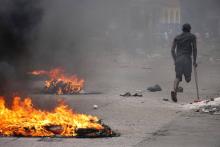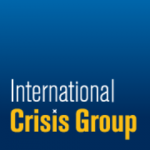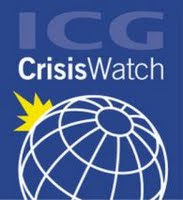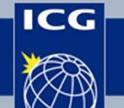UN Establishes Replacement for Departing Haiti Peacekeepers
Thoughout Haiti's modern history, peacekeeping forces have come and gone. The transition to a smaller, more politically focused mission has thus been a careful one and goes into effect on October 16th. The aim is to address the underlying issues that contribute to poverty and instability. These issues are inherently political - corruption, lack of accountability, poor governance, and failure to show leadership on important issues such as environmental degradation and disaster risk reduction and response which will only get worse due to climate change. This marks yet another transition for Haiti and, one hopes, a future where no peacekeeping forces are required. The full article by Miami Herald journalist Jacquelne Charles follows.









